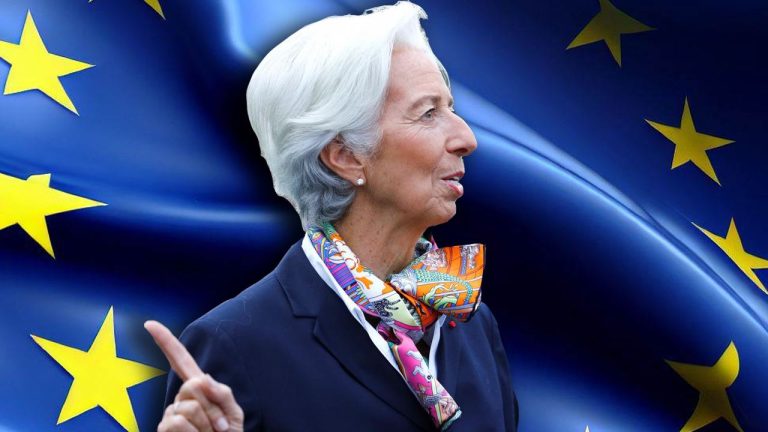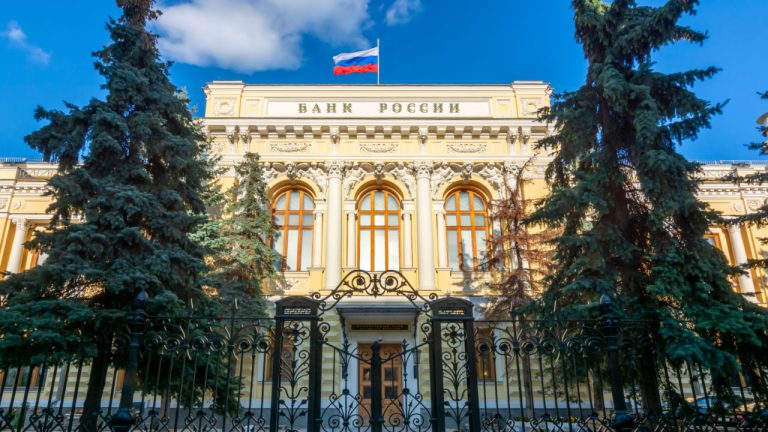
According to the Bank for International Settlements, offline payments with CBDC raise new risks related to counterfeiting, fraud and privacy concerns.
The Bank for International Settlements (BIS) is actively exploring opportunities for offline payments involving a central bank digital currency, or CBDC.
On May 11, the BIS Innovation Hub Nordic Centre published a comprehensive handbook exploring how CBDCs could work for offline payments.
The guide is written in collaboration with technical consultancy Consult Hyperion, addressing objectives for resilience, cash resemblance, accessibility and other offline CBDC features.

Titled “Project Polaris,” the paper highlights new potential risks stemming from offline payments with CBDCs, including counterfeit or privacy concerns.
According to BIS and Hyperion, offline CBDC payments pose privacy threats as they can “both support anonymous transactions and be privacy-revealing depending on design.”
Some of the listed privacy concerns include the level of privacy protection offered by the value transfer protocol. “If the offline value transfer protocol does not support privacy by design, then offline payments can never be anonymous,” the handbook reads.
Offline CBDC payment transactions also raise privacy or even fraud issues when it comes to identification and verification of counterparty users.
In some cases, it may be crucial for offline CBDC payees or payers to identify the counterparty, and such transactions may not always involve face-to-face contact. Central banks would have to take into account such situations when designing offline CBDCs, BIS wrote, adding:
“The payer may want to be assured of the identity of the payee, the details given to them are valid and their payment goes to the right place. [...] Impersonation fraud is a potential area of risk that central banks need to consider with regard to privacy.”
The paper also mentioned the importance of interoperability and risk management systems for offline payments, stressing the need for the ability to detect potential breaches of offline purses.
“The roles and responsibilities of the ecosystem in supporting offline payments need to be better defined, and collaboration between public and private sectors will be required,” the handbook notes.
Related: BIS, Bank of England conclude DLT settlements pilot
Offline functionality is a major feature of multiple CBDC projects currently being developed by global central banks. As previously reported, countries like Australia, India and Russia have been working on offline CBDC payment technology.
Australia’s central bank plans to launch a “live pilot” of a CBDC that features offline payments “in the coming months.” The Reserve Bank of India has been testing CBDC offline functionality since March 2023. The central bank of Russia expects to introduce the offline mode for the digital ruble by 2025.









